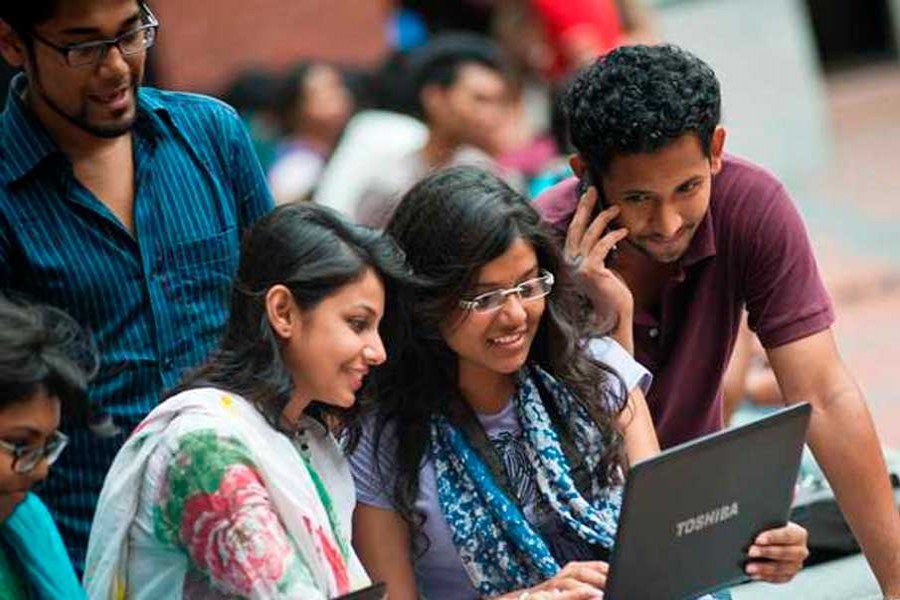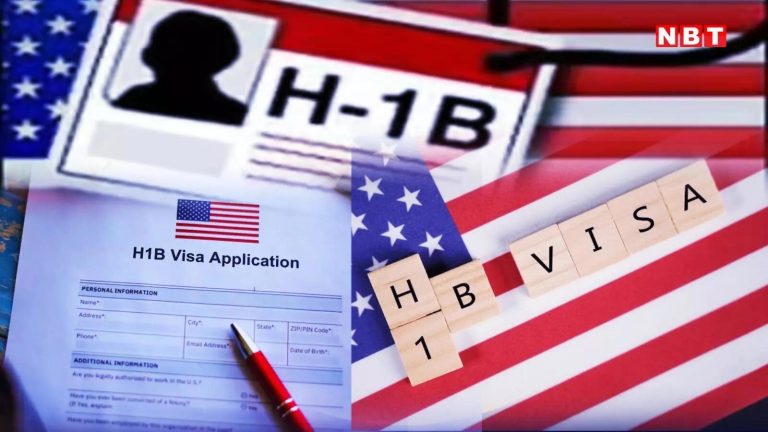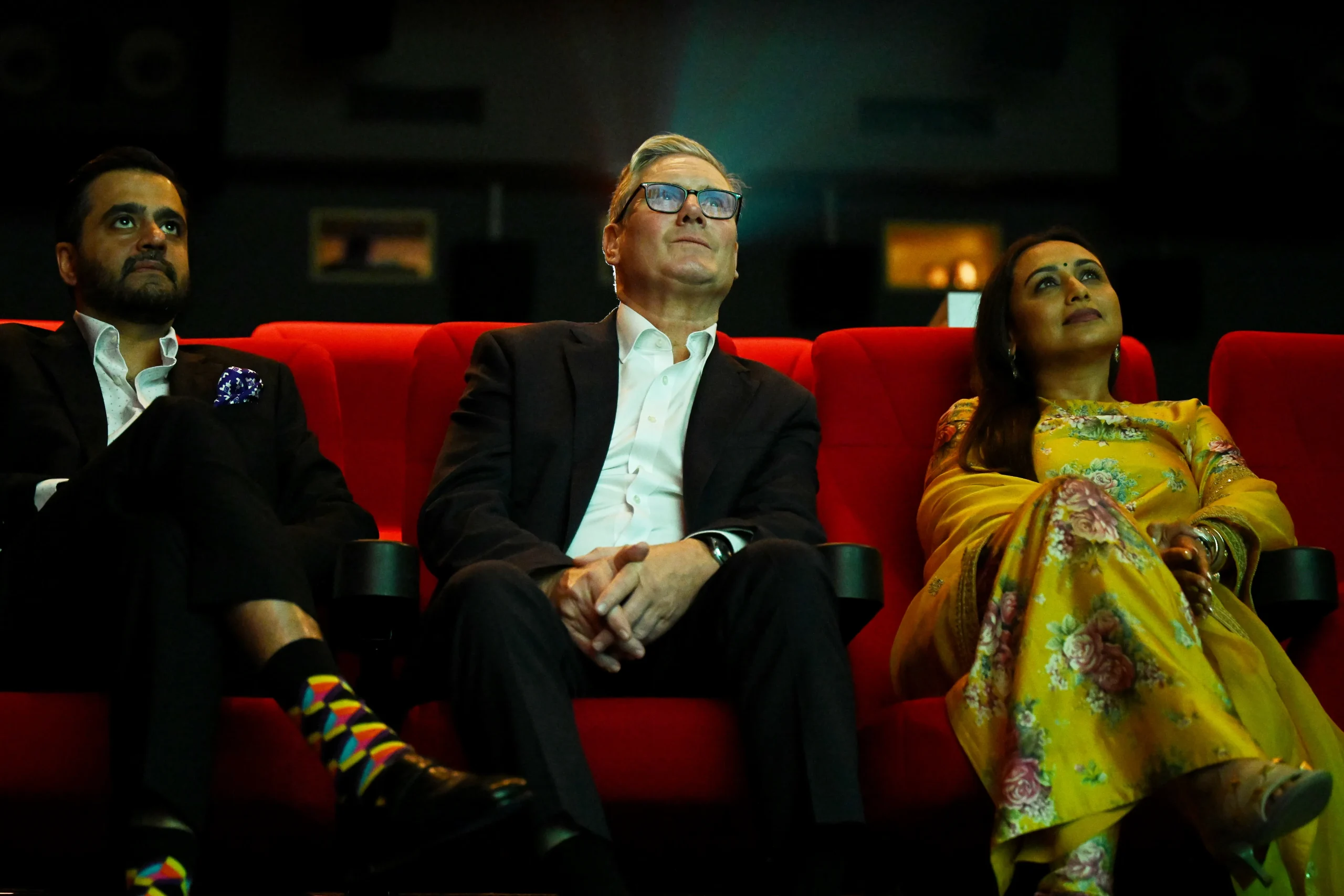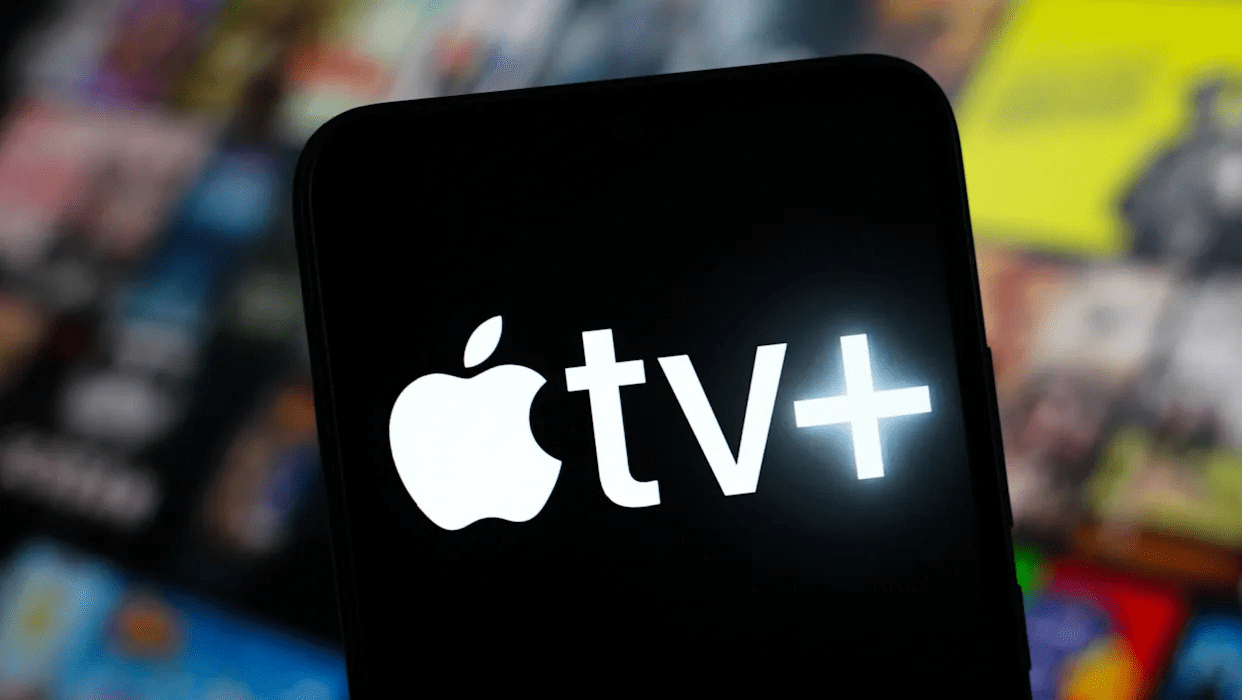The Trump administration is rolling out significant changes to U.S. immigration policies, making both the citizenship test and the popular H-1B skilled worker visa substantially tougher. These new reforms have raised alarms among Bangladeshi immigrants, students, and skilled professionals planning their future in America.
Joseph Edlow, newly appointed director of the U.S. Citizenship and Immigration Services (USCIS), described the current citizenship exam as “far too easy.” The administration plans to reintroduce a more rigorous citizenship test, similar to one first implemented during Trump’s initial presidency.

Currently, applicants must correctly answer six out of ten civics questions to become U.S. citizens. Under the proposed reforms, this requirement would double, with candidates needing to answer 12 out of 20 questions correctly. The administration insists this tougher approach ensures immigrants possess genuine and deep knowledge of American history and governance, going beyond simple memorization.
The implication for Bangladeshi migrants is significant. Historically, many Bangladeshi applicants have viewed the citizenship test as manageable due to its predictable nature and easily memorized answers. The revised test could require more intensive preparation and a deeper understanding of American civics—posing an extra hurdle for immigrants balancing work, education, and family life in a new country.

Revamping the H-1B Visa System
Perhaps even more concerning for Bangladeshi migrants and students is the administration’s planned overhaul of the H-1B visa program. Currently, the U.S. government issues around 85,000 H-1B visas each year through a lottery system. This visa allows companies, especially in technology and science sectors, to employ skilled foreign workers, including thousands of Bangladeshis who graduate from American universities.
The Trump administration, however, wants to eliminate this lottery system in favor of prioritizing visas for roles offering higher salaries. According to Edlow, the shift will help address longstanding criticisms that companies exploit the current lottery system by hiring cheaper foreign labor, undercutting the wages of American workers.
Vice President JD Vance recently amplified this concern, criticizing companies that lay off American workers while continuing to hire lower-cost international employees.

Impact on Bangladeshi Students and Professionals
For Bangladeshi students enrolled in U.S. universities, particularly those in STEM fields, these reforms could severely impact their post-graduation employment prospects. The current lottery system offers many Bangladeshi graduates a viable path to secure jobs and long-term career growth in the United States. Moving to a salary-based selection model could disadvantage fresh graduates whose initial earning potential is typically lower compared to experienced professionals.
Moreover, smaller companies and startups, which often employ recent graduates, may struggle to compete with larger corporations able to offer higher salaries, thus limiting employment opportunities for Bangladeshi graduates seeking to remain in the U.S.





















